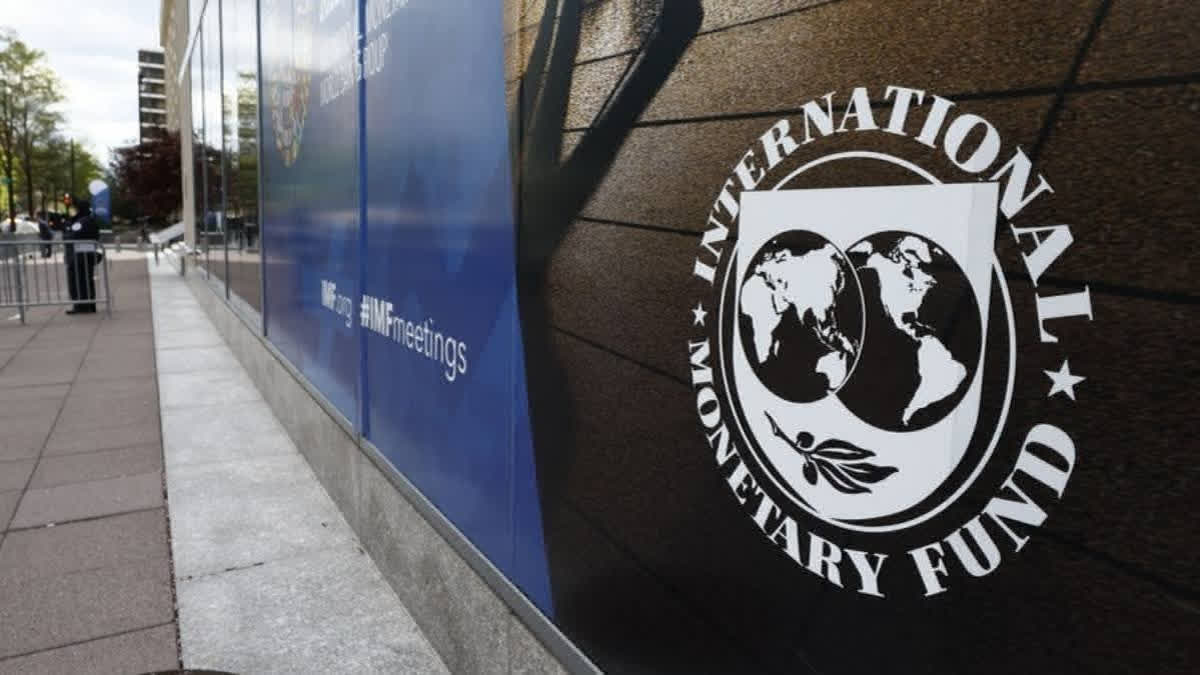The International Monetary Fund (IMF) was proposed at the Bretton Woods Conference in July 1944 and was primarily based on the ideas of Harry Dexter White and John Maynard Keynes. The IMF was founded by 44 member countries that sought to build a framework for economic cooperation. It does so by supporting economic policies that promote financial stability and monetary cooperation, which are essential to increase productivity, job creation, and economic well-being to achieve sustainable growth and prosperity for all of its 190 member countries.
Unlike development banks, the IMF does not lend for specific projects. Instead, the IMF provides financial support to countries hit by crises to create breathing room as they implement policies that restore economic stability and growth. It also provides precautionary financing to help prevent crises. IMF lending is continuously refined to meet countries’ changing needs.
IMF has three critical missions: furthering international monetary cooperation, encouraging the expansion of trade and economic growth, and discouraging policies that would harm prosperity. The causes of crises are varied and complex, can be domestic, external, or both. Domestic factors include inappropriate fiscal and monetary policies, which can lead to large current account and fiscal deficits and high public debt levels; an exchange rate fixed at an inappropriate level, which can erode competitiveness and result in the loss of official reserves, and a weak financial system, which can create economic booms and busts. Political instability and weak institutions also can trigger crises.
External factors include shocks ranging from natural disasters to large swings in commodity prices which are common causes of crises, especially for low-income countries. Even countries with sound fundamentals can be severely affected by economic crises and policies elsewhere just like it happened in USA in the year 2008.
COVID-19 pandemic was an example of external shock affecting countries across the globe, IMF responded with unprecedented financial assistance to help countries protect the most vulnerable and set the stage for economic recovery.
Balance of payment problems occur when a nation is unable to pay for essential imports or service its external debt. India faced an acute trouble in late PM Chandra Sekhar time, ultimately mortgaged the gold to Great Britain to bail out from that nightmare of India.
IMF shares its knowledge with government institutions such as finance ministries, central banks, statistical agencies, financial supervisory agencies, and revenue administrations through hands-on advice, training, and peer-to-peer learning. As the global economy faces increasing fiscal challenges, multilateral surveillance of fiscal developments has become an important part of the IMF's surveillance responsibilities. IMF serves as a global hub for knowledge on economic and financial issues. Over the last eight decades, it has developed world-leading expertise and a repository of experience on what policies work, why they unleash growth and how best to implement them.
Advise governments on how to raise revenues and effectively manage expenditure, including tax and customs policies, budget formulation, domestic and foreign debt, and social safety nets. Liberia reached out to the IMF to help establish a modern tax structure to raise revenues and finance essential public services. The IMF helped strengthen Liberia’s audit and taxpayer services, and supported the establishment of the Liberia Revenue Authority to better endure the Ebola crisis in 2014.
